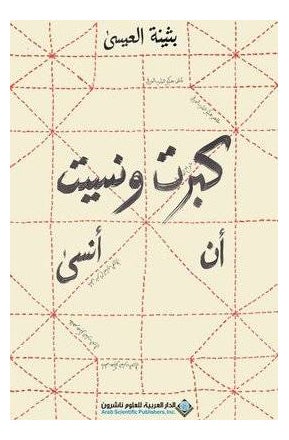37.00SAR
40.50-
Lowest Price 37.00
-
Highest Price 82.00
-
Recent Price Drop -8.6%

37.00SAR
40.50